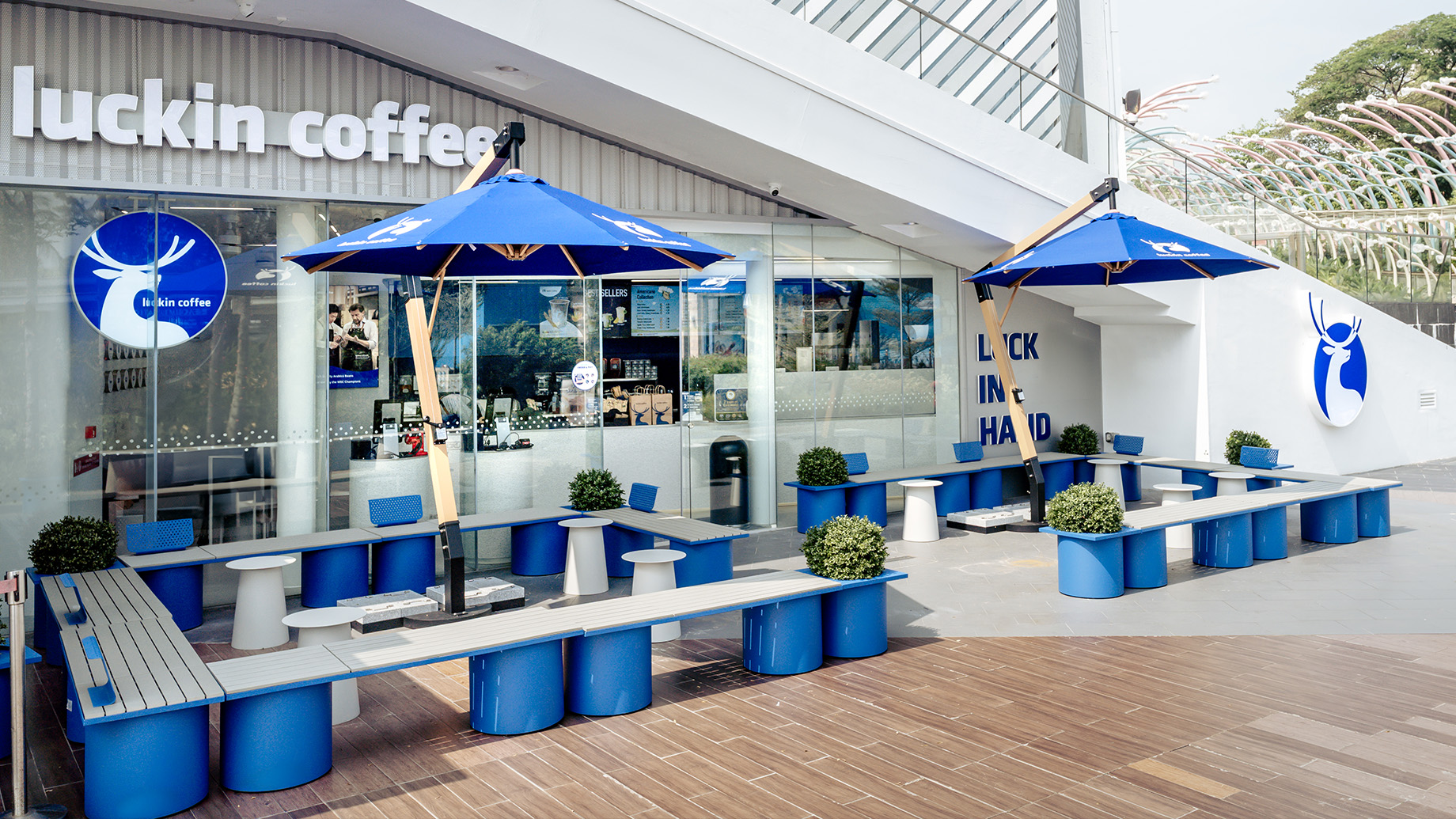Why Singapore's Corporate Elite Are Trading Corner Offices for SME Adventures
As layoffs sweep through multinational corporations and career meanings shift, a growing number of professionals are discovering that smaller enterprises offer unexpected rewards—though the journey isn't without its challenges.
The gleaming towers of Singapore's Central Business District, once the ultimate destination for ambitious professionals, are witnessing an unprecedented talent exodus. Where graduates once flocked exclusively to multinational corporations (MNCs), a new trend is emerging: seasoned professionals are making the bold leap to small and medium enterprises (SMEs), and the results are anything but predictable.
The Changing Landscape
Singapore's employment landscape has undergone a dramatic transformation. According to the Ministry of Manpower's latest data, whilst 78.3% of establishments provided wage increases in 2024—up from 65.6% in 2023—the corporate world has simultaneously experienced significant upheaval. MOM Report on Wage Practices 2024 The tech sector alone witnessed nearly 25,000 layoffs in the first month of 2024, with major corporations from Microsoft to Amazon restructuring their operations.

This volatile environment has coincided with a government push towards SME development. Enterprise Singapore's initiatives, including the Global Ready Talent Programme, actively support smaller businesses in attracting and retaining skilled professionals. Enterprise Singapore The 2024 Enterprise Support Package allocated S$1.3 billion specifically to boost SME capabilities, signalling a clear policy direction.
The Reality Check: Painful but Profitable
Doreen Heng's journey from MNC finance professional to SME finance head exemplifies both the challenges and rewards of this transition. After eight years at Toh Thye San Farm, she's candid about the realities: "I knew and I negotiated such that I need to make sure I can get by. So I made the jump when I came out it was like wow, a lot of cleaning up."
The initial shock extends beyond the work itself. Heng took a 50% pay cut when joining the family-run poultry business, a sacrifice that required approval from her entire extended family. "I need to get their green light that you know, I'm going out and you know, I'm going to get pay cut and everything. You know, my whole life may change altogether."
Yet the financial sacrifice proved temporary. Eight years later, Heng's remuneration has not only recovered but exceeded her previous MNC salary. This trajectory reflects a broader pattern: whilst SMEs cannot compete with MNC starting salaries, they offer accelerated advancement opportunities for those who demonstrate value.

The Cultural Divide
The transition from MNC to SME culture presents perhaps the greatest challenge. In MNCs, professionals operate within established hierarchies and departmental silos. "In MNC, you only know how to do this part of work," explains Heng. "When I go into SME, they'll be like, oh, this part is not enough. I need to do everything all around it."
This cultural shift has created a filtering effect. Some ex-MNC professionals struggle to adapt to the hands-on, multi-faceted nature of SME work. The mentality that "SME is a bit more laid back, relaxed" proves dangerously misleading. In reality, SME professionals often work more intensively, though with greater autonomy and impact.
The family-style culture of many SMEs offers both advantages and potential pitfalls. Whilst the supportive environment can provide job security and flexibility—qualities particularly valuable in uncertain economic times—professionals must guard against becoming complacent or losing sight of their career advancement goals.
The SME Advantage: Flexibility and Impact
Despite the challenges, SMEs offer unique advantages that increasingly appeal to career-conscious professionals. The flatter hierarchical structure means quicker decision-making and more direct impact on business outcomes. Heng notes: "You can have this [discussion] on the table to like I can do this, this, this. And what are you looking for yourself? Do you really want to just stay in that box because there is an opportunity for you to be involved in everything."
The pandemic has amplified these advantages by making remote work mainstream, enabling SMEs to offer competitive flexibility without the bureaucratic constraints of larger organisations. This flexibility extends beyond work arrangements to career development, with SME professionals often defining their own KPIs and growth trajectories.
Strategic Considerations for Career Switchers
For professionals considering the MNC-to-SME transition, several strategic factors warrant careful consideration:
Financial Planning: Expect an initial pay cut of 30-50%, but recognise that exceptional performance can lead to salary adjustments within six months to a year. Unlike MNCs with rigid salary bands, SMEs can respond quickly to demonstrated value.
Skill Development: The transition emphasises soft skills over technical expertise. Change management, direct communication, and cultural adaptation become paramount. As Heng reflects: "A lot of my growth now is really on the soft skill. I think I gain a lot of the how to manage this culture change and to push things."
Purpose and Belonging: Successful transitions require genuine alignment with the SME's mission and culture. The sense of purpose and belonging proves more critical than in MNC environments, where professional identity often derives from corporate brand recognition.
Managing Expectations: Both parties must enter the relationship with realistic expectations. SME bosses make significant bets on individual hires, whilst professionals must accept broader responsibilities and less structured support systems.

The Employer's Perspective
From the SME perspective, hiring ex-MNC talent represents both opportunity and risk. These professionals bring established processes, strategic thinking, and industry connections that can accelerate business growth. However, they also command premium salaries and may struggle to adapt to the SME environment.
Successful SME bosses recognise that their competitive advantage lies not in matching MNC salaries but in offering accelerated career progression, meaningful impact, and genuine partnership in business growth. They actively seek professionals who view the transition as a long-term investment rather than a temporary stopgap.

Looking Forward: The New Career Paradigm
The MNC-to-SME transition reflects broader changes in Singapore's economic landscape and professional values. As inflation eased to 2.4% in 2024 and real wages grew by 3.2%—the highest since the pandemic—professionals increasingly prioritise meaningful work over traditional markers of corporate success.
This trend aligns with Singapore's strategic economic direction. The government's emphasis on SME development, combined with the volatility in traditional corporate employment, suggests that the boundaries between MNC and SME career paths will continue to blur.
For professionals contemplating this transition, the key lies in honest self-assessment: Are you prepared to trade the security and structure of MNC life for the uncertainty and opportunity of SME partnership? The answer increasingly depends not on traditional career metrics but on personal values, risk tolerance, and long-term life goals.
The great career pivot is reshaping Singapore's professional landscape, creating new pathways to success that prioritise impact over hierarchy, purpose over prestige. For those willing to embrace the challenge, the rewards—both financial and personal—can exceed even the most optimistic MNC projections.
Let us know what you think about this topic, and what do you want to hear next.
You can now be our community contributor and make a pitch to have your favourite personality be on our show.
Join our community group and drop us your insights on this topic.

-3.png?width=50&name=Square%20(2)-3.png)









Let us know what you think of this post